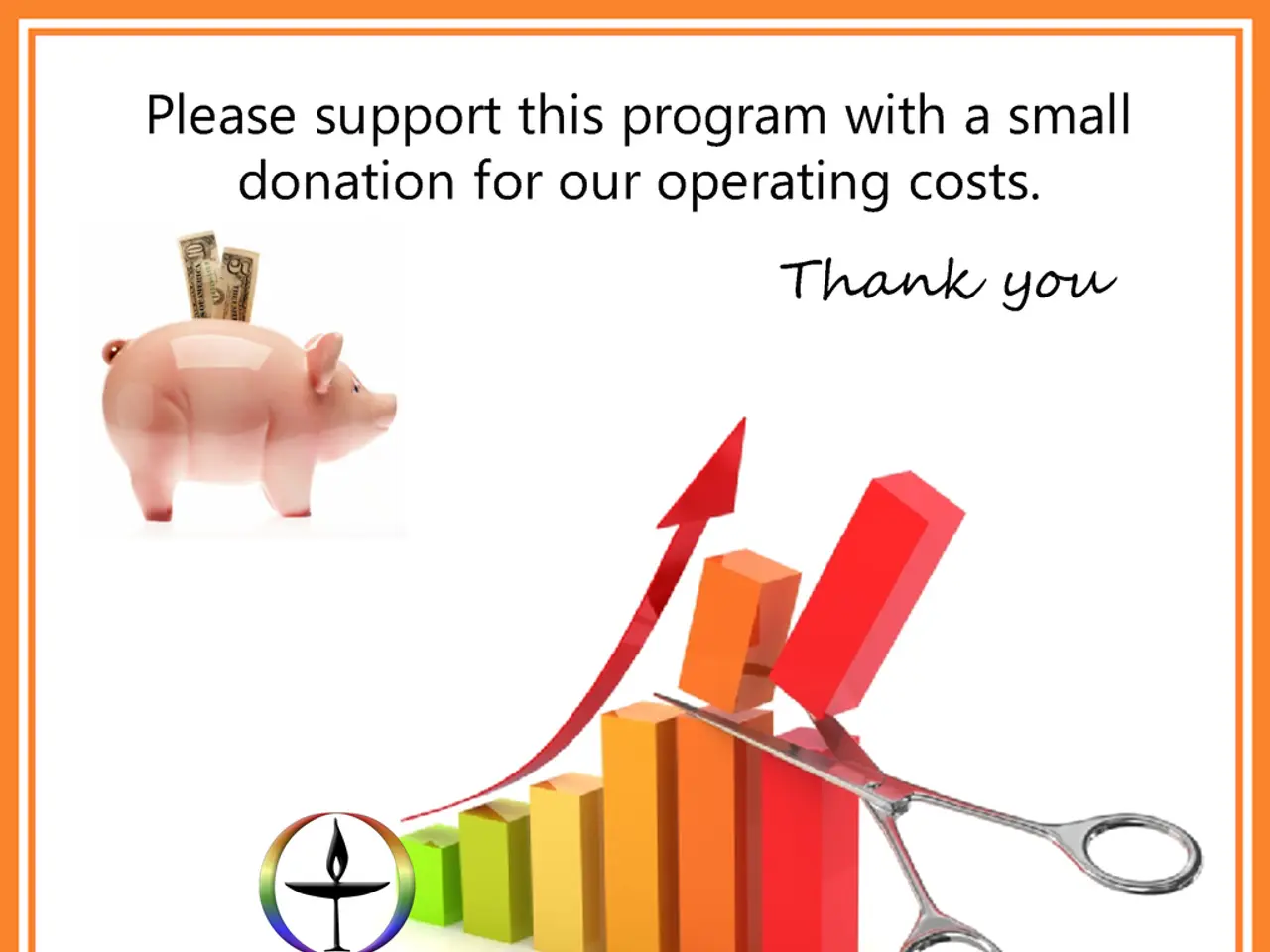Are High-Yield Savings Account Earnings Subject to Taxation?
High-yield savings accounts offer a higher interest rate compared to regular savings accounts, making them an attractive option for savers. However, it's essential to understand the tax implications associated with these accounts.
In the United States, interest earned from high-yield savings accounts is taxed at the same rate as other income, such as from a job. This means that the amount of tax owed on interest income is based on the individual's federal income tax bracket. The IRS requires a Form 1099-INT when more than $10 in interest is earned.
In contrast, interest from Series EE or I bonds, 529 savings plans, health savings accounts, and retirement savings accounts can potentially be tax-free under certain conditions. Similarly, interest from education savings accounts and health savings accounts can earn interest tax-free if used for qualifying expenses.
Interest from money market accounts, certificates of deposit (CDs), and interest-bearing checking accounts is also generally considered taxable income.
In Germany, income from high-yield savings accounts will be subject to capital gains tax (Kapitalertragsteuer) starting from the tax years 2025 onward. A saver’s allowance (Sparerpauschbetrag) of 1,000 € per individual (2,000 € for jointly assessed couples) will be provided, with interest income exceeding this allowance being taxed plus the solidarity surcharge and possibly church tax.
It's worth noting that there may be limitations on withdrawals from high-yield savings accounts. These limitations can vary depending on the bank or financial institution offering the account.
While high-yield savings accounts can earn more money compared to most other types of savings accounts, potential changes in interest rates can impact the earnings received from these accounts. For instance, the federal funds rate remains relatively high, providing an opportunity to earn high interest rates with some banks offering up to 5%. However, a Federal Reserve interest rate cut, such as the predicted rate cut in September, could lower the earnings received from high-yield savings accounts.
Additionally, some individuals might be subject to an additional tax called the Net Investment Income Tax (NIIT), which is currently a 3.8% tax on capital gains, rental property income, and dividend income for filers with higher incomes.
As always, it's recommended to consult with a tax professional or financial advisor to understand the specific tax implications for your situation.
Read also:
- Federal petition from CEI seeking federal intervention against state climate disclosure laws, alleging these laws negatively impact interstate commerce and surpass constitutional boundaries.
- Duty on cotton imported into India remains unchanged, as U.S. tariffs escalate to their most severe levels yet
- Steak 'n Shake CEO's supposed poor leadership criticism sparks retaliation from Cracker Barrel, accusing him of self-interest
- President von der Leyen's address at the Fourth Renewable Hydrogen Summit, delivered remotely




